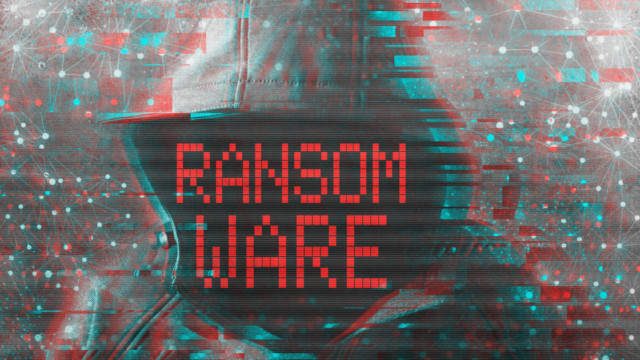Cyber security is often a concern for small business owners. You may feel that your business is too small to be targeted, but in reality, you’re at risk of being hacked as much as any other business.
In fact, it turns out that 78 percent of small businesses are being targeted by cybercriminals. According to Forbes, a new analysis shows that small firms are three times more likely than larger organisations to be attacked by hackers. They reviewed millions of emails from thousands of enterprises between January 2021 and December 2021. They discovered that employees of small businesses with fewer than 100 employees are subjected to 350% more social engineering attacks than employees of bigger corporations.
Cybercrime can cost your business a huge chunk of money and harm your reputation if you’re not careful enough. In fact, 3 billion phishing emails are sent worldwide every single day. Your systems might be at risk if you don’t have adequate security measures in place and your staff aren’t trained to identify suspicious emails or links.
What Is Phishing?
Phishing is the act of sending emails that appear to be from an established source or linking to websites that look to be trustworthy. Hackers may fake an email address to fool you into believing that an email is coming from a trusted source. It is a form of online fraud, where criminals attempt to trick you into sharing personal information such as your passwords, credit card details, or other sensitive and confidential information. Phishing attacks might be carried out by email, instant messaging, phone calls or other electronic means.
How To Avoid Being A Victim Of Phishing?
If you receive an email with an unusual request, do not click links or download files. Alternatively, call or visit the sender to confirm receipt of the email. Phishing emails are not just attempting to extract your personal details – they can also contain viruses and malware that threaten your computer’s security.
Be suspicious of emails that:
- aren’t explicitly addressed to you
- come from a sender you don’t know
- contain poor spelling, grammar and punctuation
- have a sense of urgency – e.g., ‘you must respond within the next 24 hours.
While employees can be trained to spot and report suspicious communications and have the capacity to respond to these before any damage has been done, there is no silver bullet for staff training.
Employees are all different and need to be trained in a manner that best suits them. For example, some people learn better from written information, while others require face-to-face instruction, videos, or other methods.
Cyber security is indeed a challenge for all businesses, but keeping your systems secure can minimise the risks. The approach you take to cyber security will have a direct and big impact on your business’s resilience to attacks.
If you want to learn how your business can be protected from phishing, get in touch with our team here to learn more about getting maximum cyber protection for your business.



